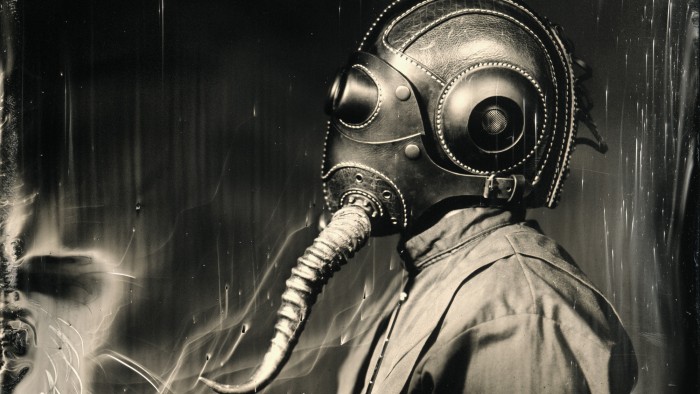Klangkunst, Deutschlandfunk Kultur, 22.10.2021, 00:05 CET

Guerrilla radios in Zimbabwe’s war of independence and the black market of Harare: sound artist Masimba Hwati understands these sound spaces as places of resistance against colonial and postcolonial power structures.
The black market of Harare could be what philosopher Achille Mbembe calls a place of “political improvisation”: hidden in plain sight, visible and invisible at the same time, it is a counter-design of (post)colonial relations of violence. It is the trading floor of the street: muffled voices, seductive offers, dubious glances. The sound of worn banknotes, frantically flicked through the fingers.
The artist Masimba Hwati interweaves these sound recordings with radio recordings from the time of the war of independence in Zimbabwe from 1964 to 1979. The passing on of information via guerrilla radio played a central role in the liberation from British colonial power.
A radio play about alternative power structures, collective self-empowerment, rebellion and unruliness.
Original broadcast
Mshika-Shika Black Market Sounds and Guerilla Poetry
By Masimba Hwati
Voice and Xizambi: Lukha Mukhavele
Voice: Alois Moyo and Masimba Hwati, Markus Westphal, Michael Fischer, Vivien Mercedes Jester, Laura Anh Thu Dang, Dean Ruddock, Luka Mukhavhele, Georg Milz.
Field Recordings and original sound: Robin Douglas Hwati, Florence Maidei Hwati, Konstantin Bayer and Bianka Voigt
Mixing and Studio Recording: Eleftherios Krysalis and Vivien Mercedes Jester
Dramatic accompaniment: Nathalie Singer and Marcus Gammel
Production: Deutschlandfunk Kultur/Bauhaus-University Weimar/Goethe-Institut/Galerie Eigenheim 2021
Length: ca. 54’30
The radio piece was produced as part of the Radio Art Residency Weimar, a project of the Goethe-Institut and the Experimental Radio at the Bauhaus University Weimar in cooperation with the Hochschule für Musik Franz Liszt, Deutschlandfunk Kultur, the Thüringer Landesmedienanstalt, the EIGENHEIM Weimar/Berlin and the ACC Galerie Weimar.
Masimba Hwati was born in Mhondoro, Zimbabwe. His artistic approach is interdisciplinary, encompassing sound, video, performance and visual means of expression. He is currently a PhD student at the Academy of Fine Arts in Vienna. In 2019 he was a guest of the summer program “Skowhegan School of Painting and Sculpture”. Solo and group exhibitions in Belgium, Zimbabwe, South Africa, Germany, USA, France and Canada. Together with the two artists Chikonzero Chazunguza and Gareth Nyandoro, he designed the Zimbabwean pavilion at the 56th Venice Biennale.
